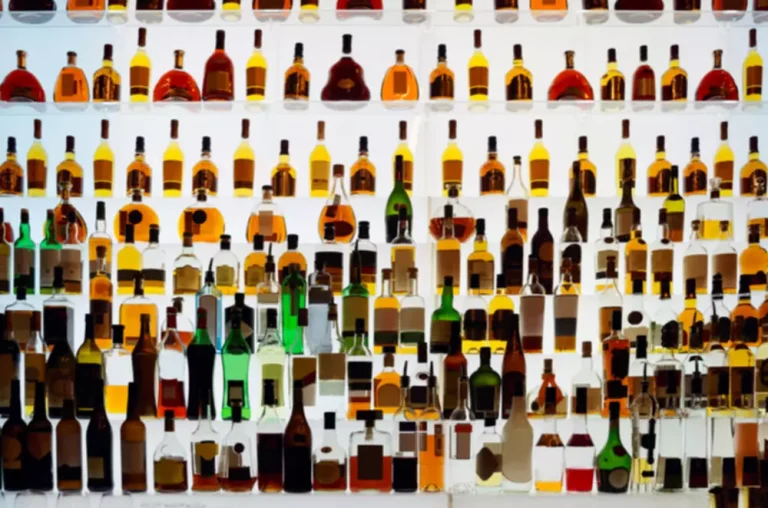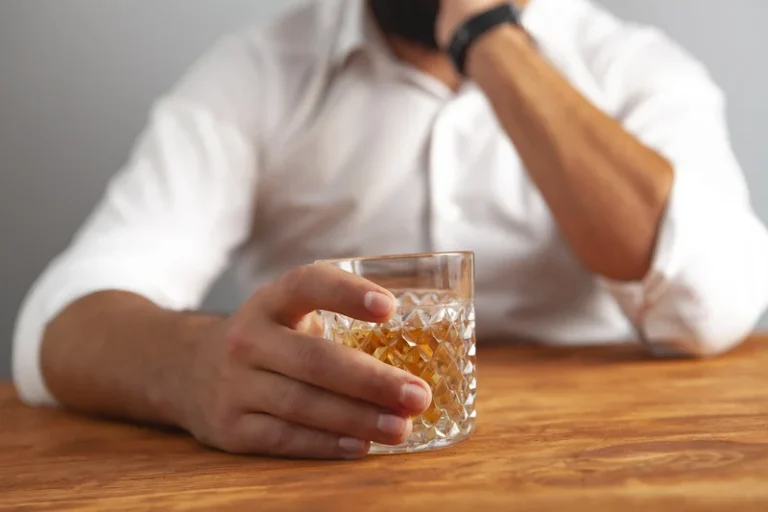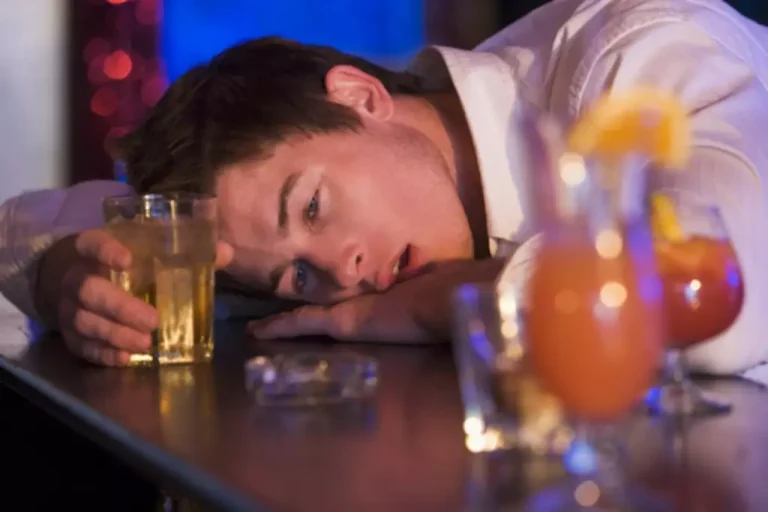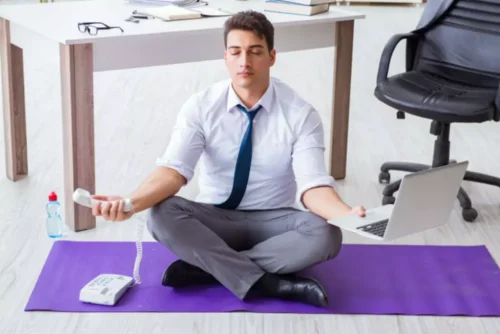
The effects are similar to that of the medication Antabuse (disulfiram), which is often used to treat alcohol addiction. If you have been drinking excessively for a long time, it is important to never suddenly stop drinking as this could lead to dangerous alcohol withdrawal symptoms of seizures, coma or even death. For guidance on reducing alcohol intake safely- contact your doctor or alcohol services for advice before you stop. Like all other food and drinks, alcohol is metabolized after being ingested and absorbed in the intestines.
Sweating due to alcohol withdrawal
- If you or someone you know is planning to quit drinking, consider reaching out to an Addiction Treatment Professional for an initial assessment or checking into a rehab center.
- The struggle to leave their addiction exposes them to a series of unpleasant symptoms, including excessive sweating and nausea.
- If you have ALDH2 deficiency, your face might get red and warm when you drink alcohol.
As the alcohol education charity Drinkaware Trust6 warns, the combination of alcohol and very cold weather can be dangerous and even lethal. This is because your body’s core temperature – regulated by the brain – and your body’s shell temperature – influenced by the environment – are both under the influence of factors making it cooler. This shift in blood supply throughout your body causes you to actually lose heat, but you don’t notice because during this process you feel warmer.

Is it normal to have body odor after drinking alcohol?
- Like cravings, an inability to stop is a sign of alcohol dependence.
- An alcohol overdose can lead to serious medical conditions and potential death.
- Many people are unaware that withdrawal-related sweating can occur anywhere from a few hours to several days after you last consume alcohol.
- Withdrawal from alcohol can also cause a fever, which can contribute to perspiration.
- This also triggers the sweat glands to produce sweat which further decreases body temperature.
Night sweats related to alcohol consumption is prevalent in individuals suffering from alcohol dependence. However, binge drinking on occasion may also cause this symptom even when one is not addicted to alcohol. More-serious symptoms from heavy drinking may be a sign of alcohol poisoning — a life-threatening https://ecosoberhouse.com/ emergency. Alcohol poisoning is a serious and sometimes deadly result of drinking large amounts of alcohol in a short period of time. Drinking too much too quickly can affect breathing, heart rate, body temperature and gag reflex. Some people, however, cannot tolerate even small amounts of alcohol.
- When we drink alcohol, our heart rate increases and a process called vasodilation widens our blood vessels.
- This strategy works if you drink moderately but not so much if you binge drink.
- This brain reaction after alcohol intake can raise heart rate, increase blood flow, and widen blood vessels, causing profuse sweating after alcohol is consumed.
- Night sweating may also indicate certain types of cancers, which a person can discuss with their oncologist.
- Regardless of severity, alcohol monitoring is beneficial for those trying to remain sober and in recovery from their alcohol addiction.
Amazon Super Value Days: Enjoy up to 80% on water purifiers for safe drinking water at home

Most people who start an alcohol abstinence regime or detox after heavy drinking have to deal with increasingly troublesome withdrawal symptoms. It is crucial to understand that this is not a fight one can win alone. Those who become addicted to alcohol, or any substance for that matter, experience withdrawal when they attempt to break their dependence. The struggle to leave their addiction exposes them to a series of unpleasant symptoms, including excessive sweating and nausea.
If you experience sweating after you stop consuming alcohol, it’s possible that you’re experiencing a common alcohol withdrawal symptom. Many people are unaware that withdrawal-related sweating can does alcohol make you sweat occur anywhere from a few hours to several days after you last consume alcohol. A few drinks may cause your heart to accelerate, which further increases the chances of flushing and sweating.

Sweating due to alcohol’s toxic effect on the brain

Levels of Care

